From Code to Conflict
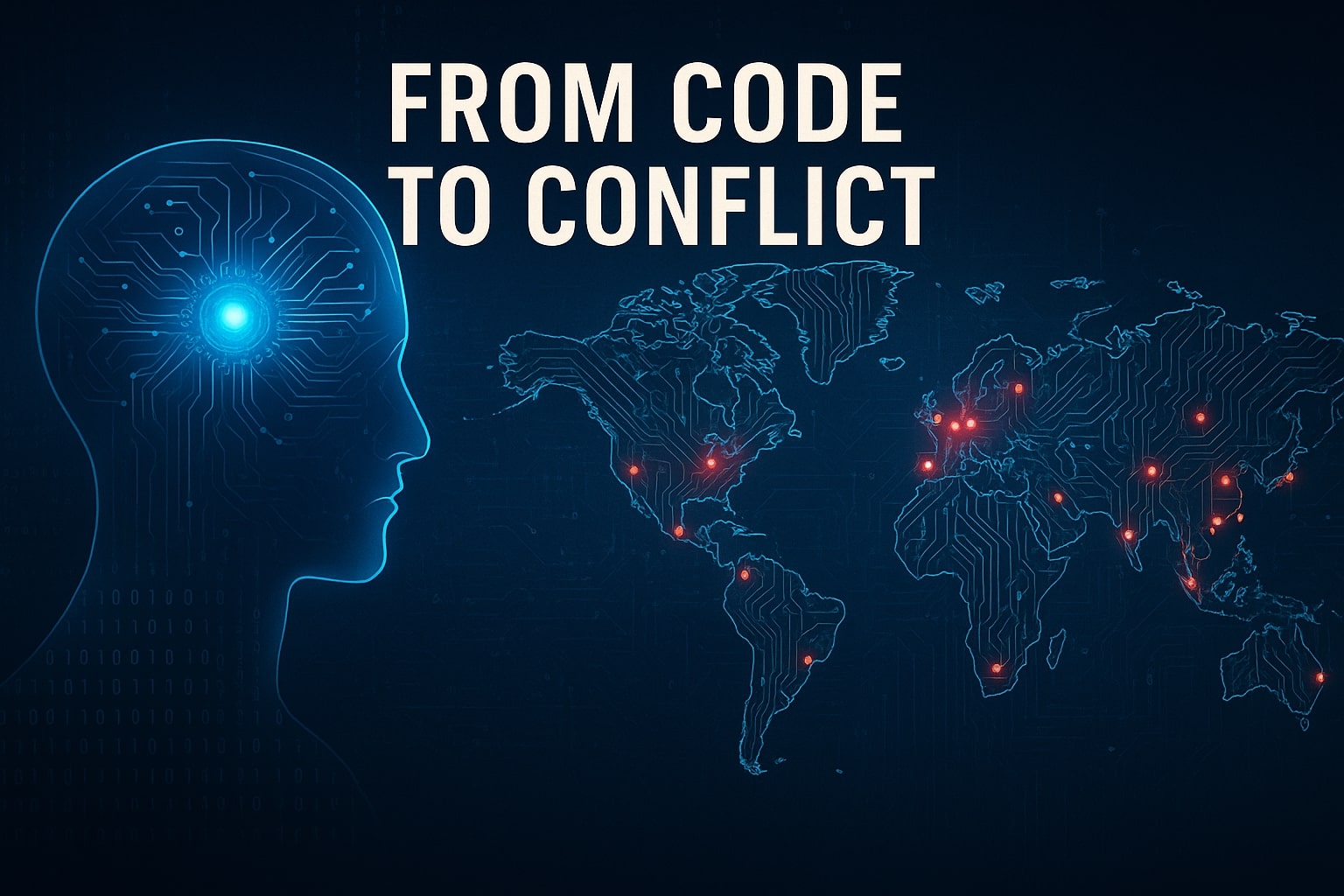
In the twenty-first century, the foundations of global power have shifted from the visible to the invisible, from territorial conquests to control over data, information, and digital infrastructure. Technology, once seen purely as an enabler of progress, has become a battlefield of its own. The World Economic Forum’s Global Risks Report 2025 identifies digital and technological risks—especially those linked to artificial intelligence (AI) governance, cyber warfare, and misinformation—as among the most urgent threats facing humanity. This new frontier of contestation is transforming how nations compete, how societies function, and how truth itself is defined.
Artificial intelligence now underpins almost every sector of the modern economy. Governments use AI for governance and surveillance, corporations for productivity and profit, and militaries for strategy and precision. Global spending on AI is projected to surpass 300 billion dollars by 2026, reflecting its rapid integration into daily life. Yet, the same algorithms that recommend movies or optimize logistics can also be turned into tools of deception and control. Without coherent regulation, the line between innovation and exploitation has blurred. In 2024, more than fifteen billion AI-generated “deepfake” videos circulated online, triple the number from just two years earlier. Many were designed for disinformation, fraud, or political manipulation. The implications are profound: when fake and real content become indistinguishable, the very concept of objective truth begins to disintegrate.
If AI represents the mind of this digital age, cyber warfare is its muscle. The International Telecommunication Union estimated that cyber incidents in 2024 caused losses exceeding 10 trillion dollars globally, a figure that dwarfs the GDP of most nations. Cyberattacks are no longer isolated incidents; they are now strategic instruments of statecraft. From the SolarWinds and Colonial Pipeline breaches to ransomware strikes against hospitals and public utilities, every aspect of modern life is vulnerable. Governments have quietly integrated cyber capabilities into their military doctrines. In the Russia–Ukraine conflict, digital warfare has been as critical as physical battles, with malware targeting banks, satellite networks, and power grids. China’s sophisticated cyber-espionage programs have penetrated technology and defense sectors across continents. Even smaller states such as North Korea have weaponized hacking as a means of bypassing sanctions and generating illicit revenue.
The danger lies in ambiguity. Cyberattacks often lack clear attribution, allowing aggressors to strike without consequence. This uncertainty creates fertile ground for escalation. Unlike nuclear deterrence, where the rules of engagement are well understood, cyberspace has no binding global treaties or red lines. The result is a digital arms race where states, corporations, and criminal networks compete in an unregulated, invisible war that threatens everything from national security to personal privacy.
Parallel to these security concerns runs another invisible war—the battle for the human mind. Misinformation has emerged as one of the most powerful and destabilizing weapons of the digital age. The Reuters Institute’s Digital News Report 2025 found that nearly six in ten internet users globally struggle to distinguish between fact and falsehood online. Social media platforms, once heralded as tools of democratization, now serve as amplifiers of distortion. Political propaganda, conspiracy theories, and AI-generated fake news spread faster than verified information. In many countries, coordinated disinformation campaigns have influenced elections, incited violence, and deepened polarization. Artificial intelligence has supercharged this phenomenon, making it possible to produce targeted false narratives at an unprecedented scale. A single piece of misinformation, replicated through millions of bots and micro-targeted ads, can fracture public trust and destabilize entire democracies.
The global regulatory response remains inadequate. The European Union has taken the lead with its 2024 Artificial Intelligence Act, which categorizes AI systems by risk level and imposes strict obligations on high-risk applications. But beyond Europe, governance remains fragmented. The United States relies largely on voluntary corporate guidelines; China emphasizes state control and censorship; and developing nations, including India, are still drafting frameworks. This regulatory patchwork leaves dangerous gaps that bad actors can exploit. Without a shared ethical framework, AI and digital technologies risk becoming tools of surveillance, manipulation, and even automated warfare. Experts have long argued for an international convention on AI governance, similar in spirit to the Geneva Conventions, to establish norms for transparency, accountability, and restraint. Yet, progress toward such a treaty has been slow.
The rise of digital risk is not only a matter of security but also of inequality. The digital divide—between those who can access and benefit from technology and those who cannot—is widening. Roughly 40 percent of the global workforce remains excluded from the digital economy due to lack of skills or infrastructure. Wealthy nations dominate data ownership and AI research, while developing economies depend on imported technologies and foreign data platforms. This imbalance risks creating a new form of digital colonialism, where a few powerful actors set the standards and reap the profits, while others remain dependent and vulnerable.
Technology’s reach into every corner of life means its failures or abuses carry systemic consequences. AI models trained on biased data can entrench discrimination. Cyber disruptions can paralyze entire economies. Disinformation can weaken the social fabric that holds nations together. The central question of this era is not whether technology will continue to evolve, but whether societies can adapt fast enough to govern it responsibly.
To mitigate these risks, nations must rethink their approach to digital governance. Cybersecurity can no longer be viewed solely as a technical issue; it is a matter of national resilience. Investments in cyber defense must be matched by investments in digital education, ethical research, and public awareness. Citizens need to be equipped not only to use technology but to question it. Governments and corporations must adopt transparency in algorithmic decision-making, disclose data practices, and be held accountable for misuse. Above all, there must be cooperation rather than competition in regulating cyberspace. Just as the twentieth century developed rules for nuclear and chemical weapons, the twenty-first must do the same for artificial intelligence and digital warfare.
The transformation of technology from an instrument of progress to a domain of conflict marks one of the defining paradoxes of our age. Digital power has become real power, but it carries risks that transcend borders and institutions. The digital revolution that once promised to unite humanity now threatens to divide it — between those who control the code and those who live by it.
The future of global stability will depend on whether we can harness technology’s potential without succumbing to its perils. The task before governments, businesses, and citizens is not to resist innovation but to humanize it — to ensure that intelligence, whether artificial or human, serves society rather than subjugates it. The digital world was built to connect us. It will now test whether we are wise enough to control it before it begins to control us.
Author is Manager, Collaboration, at MPower, an initiative of Aditya Birla Education Trust, Mumbai.

 7 hours ago
7 hours ago
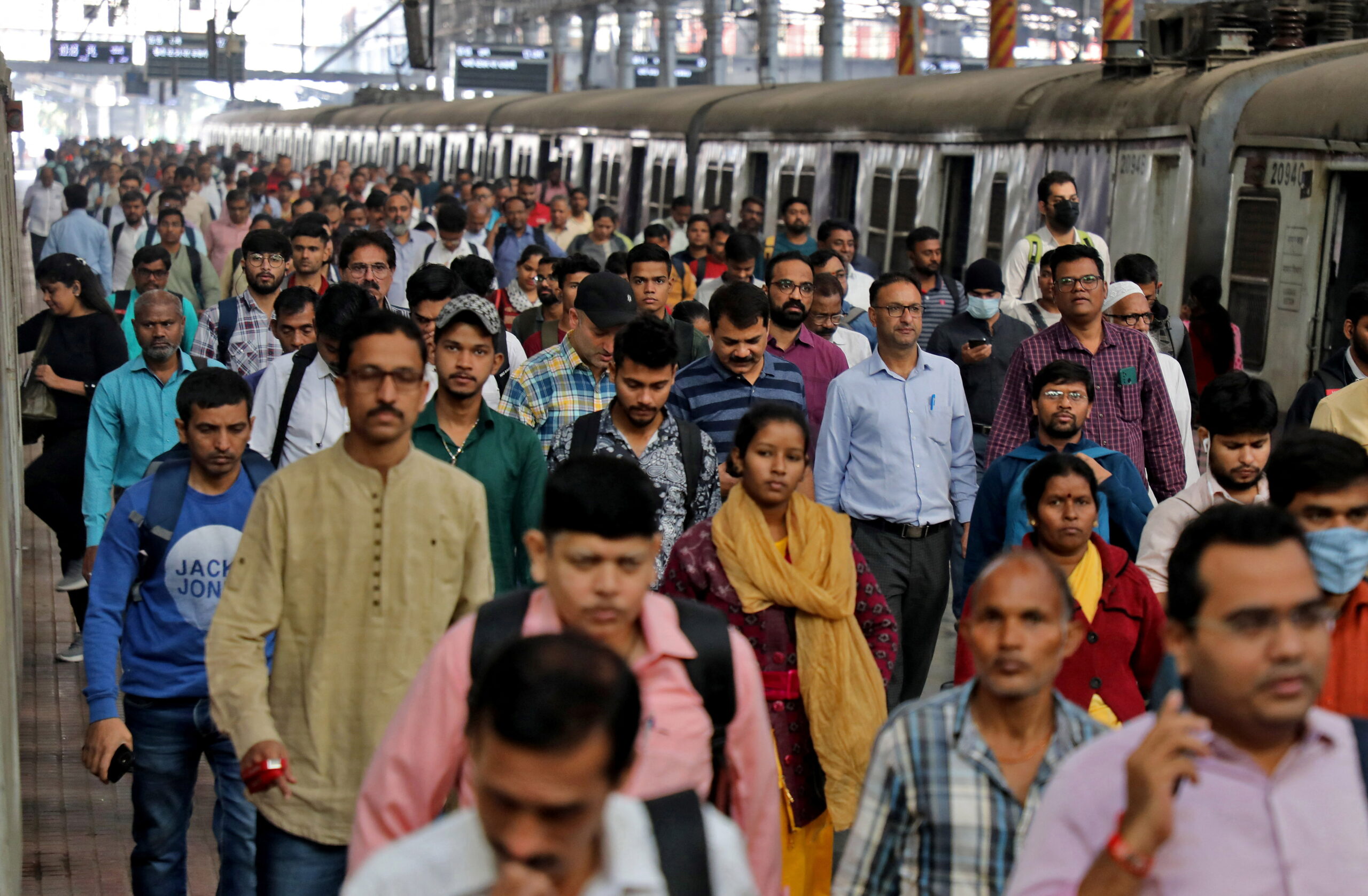

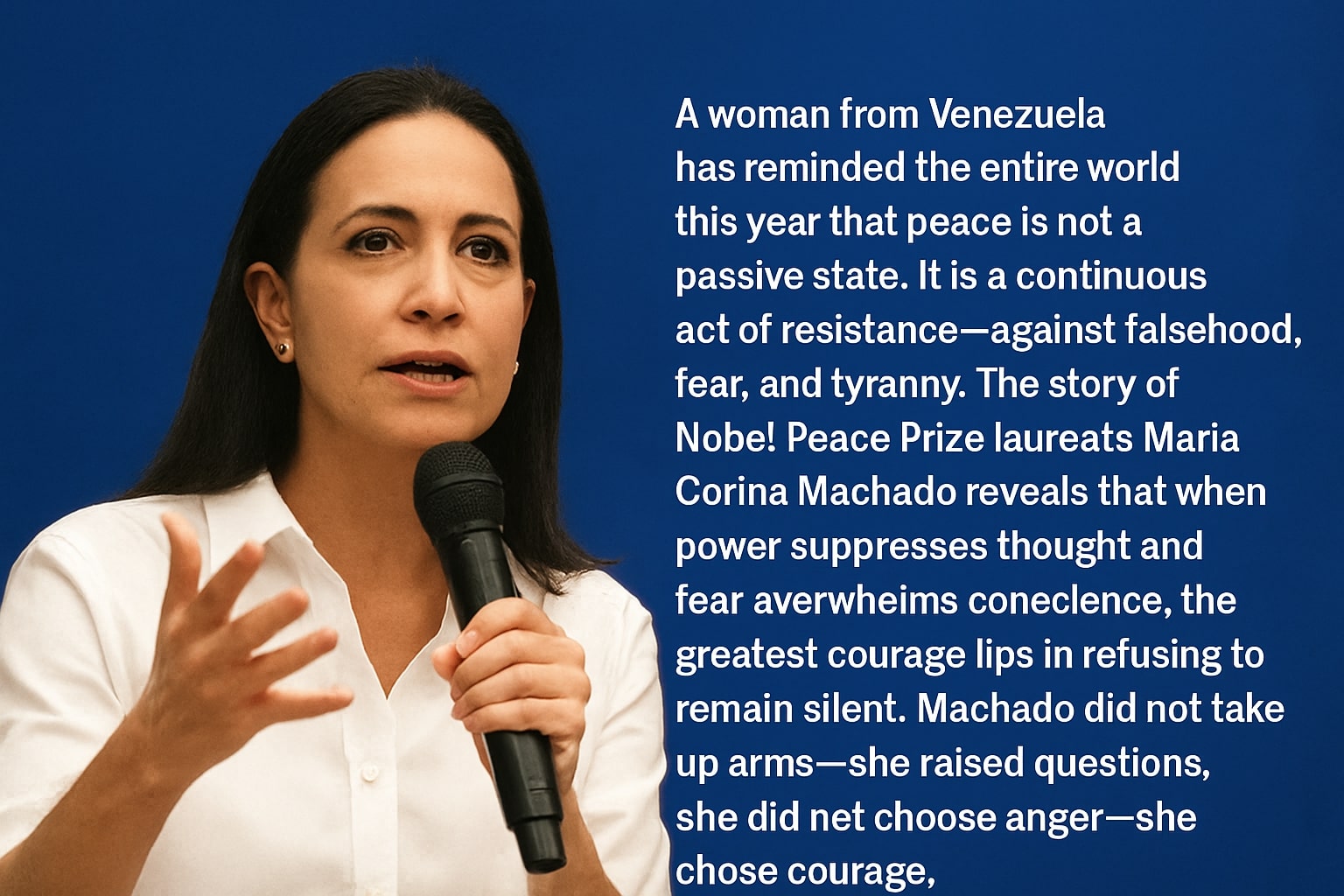
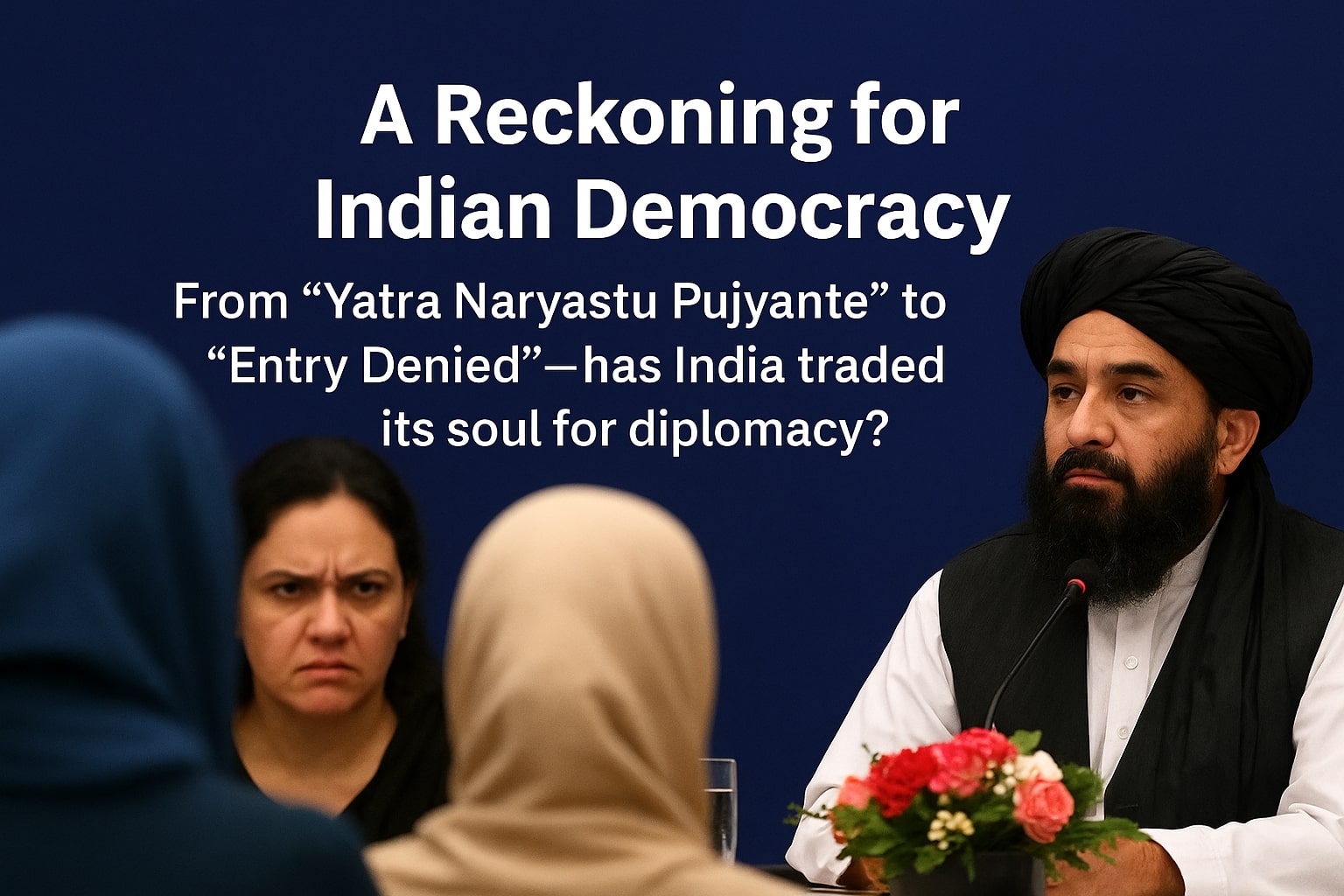
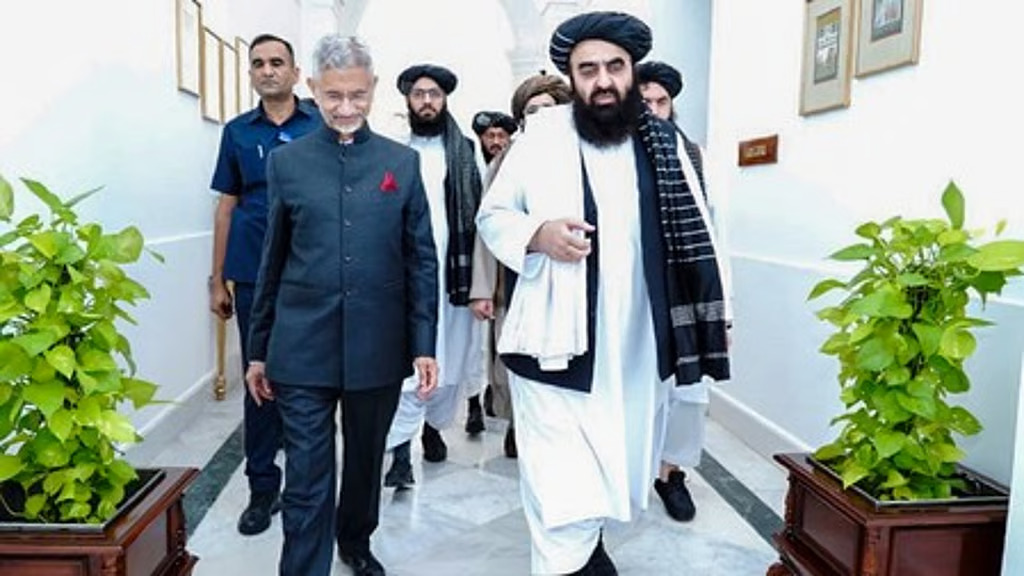
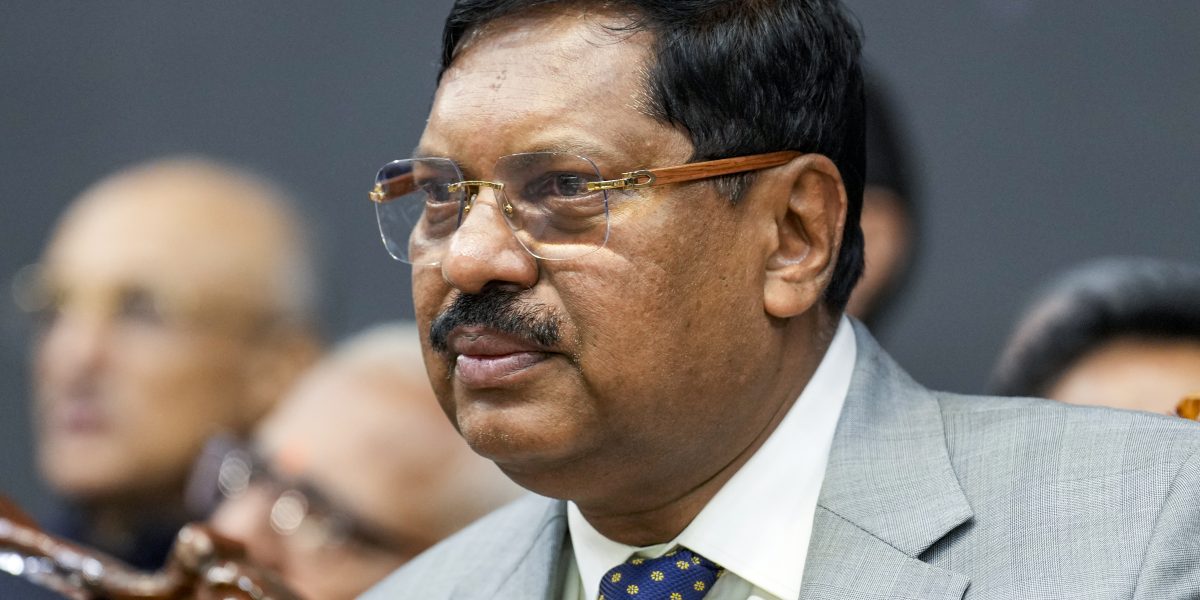

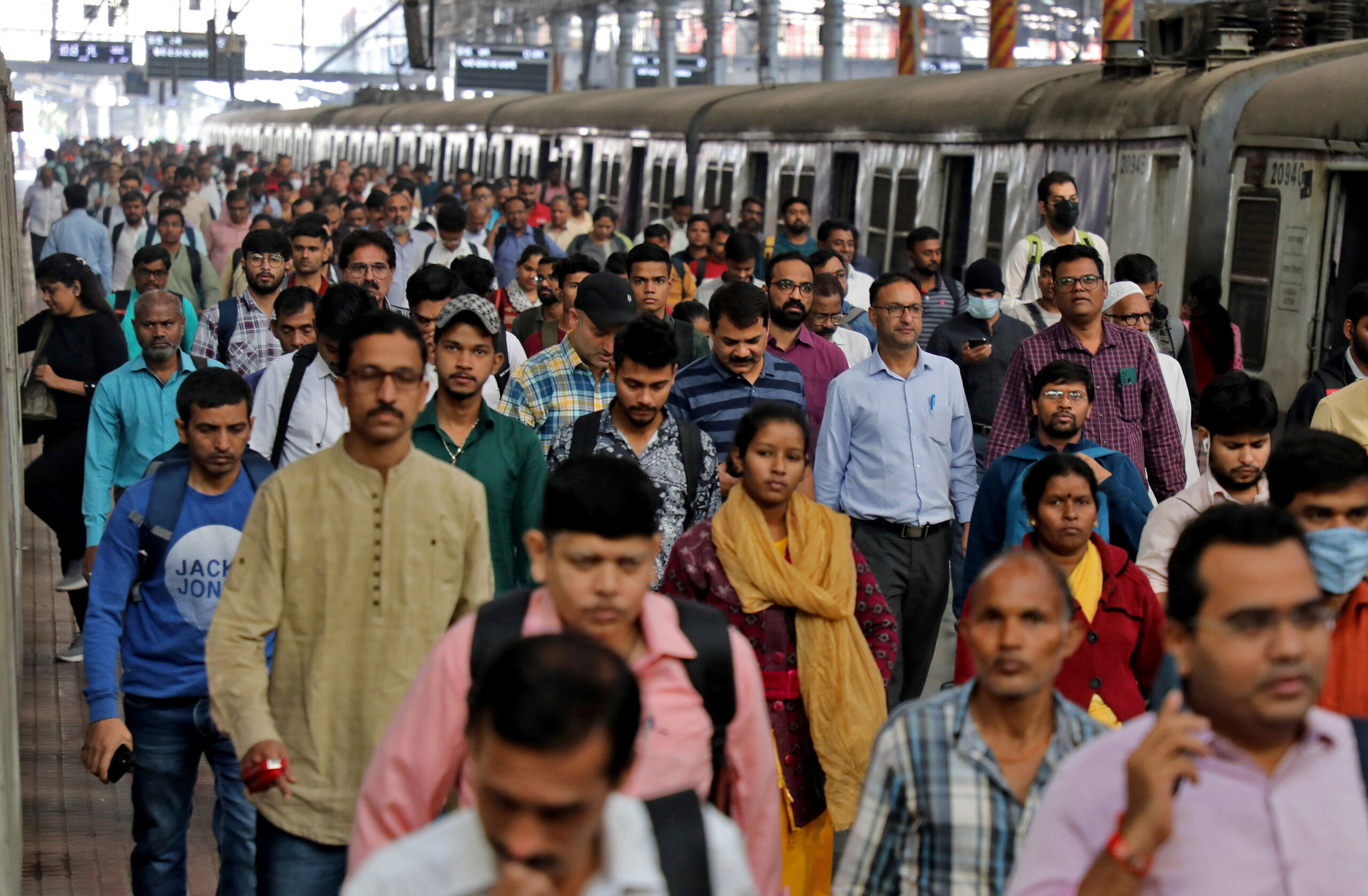

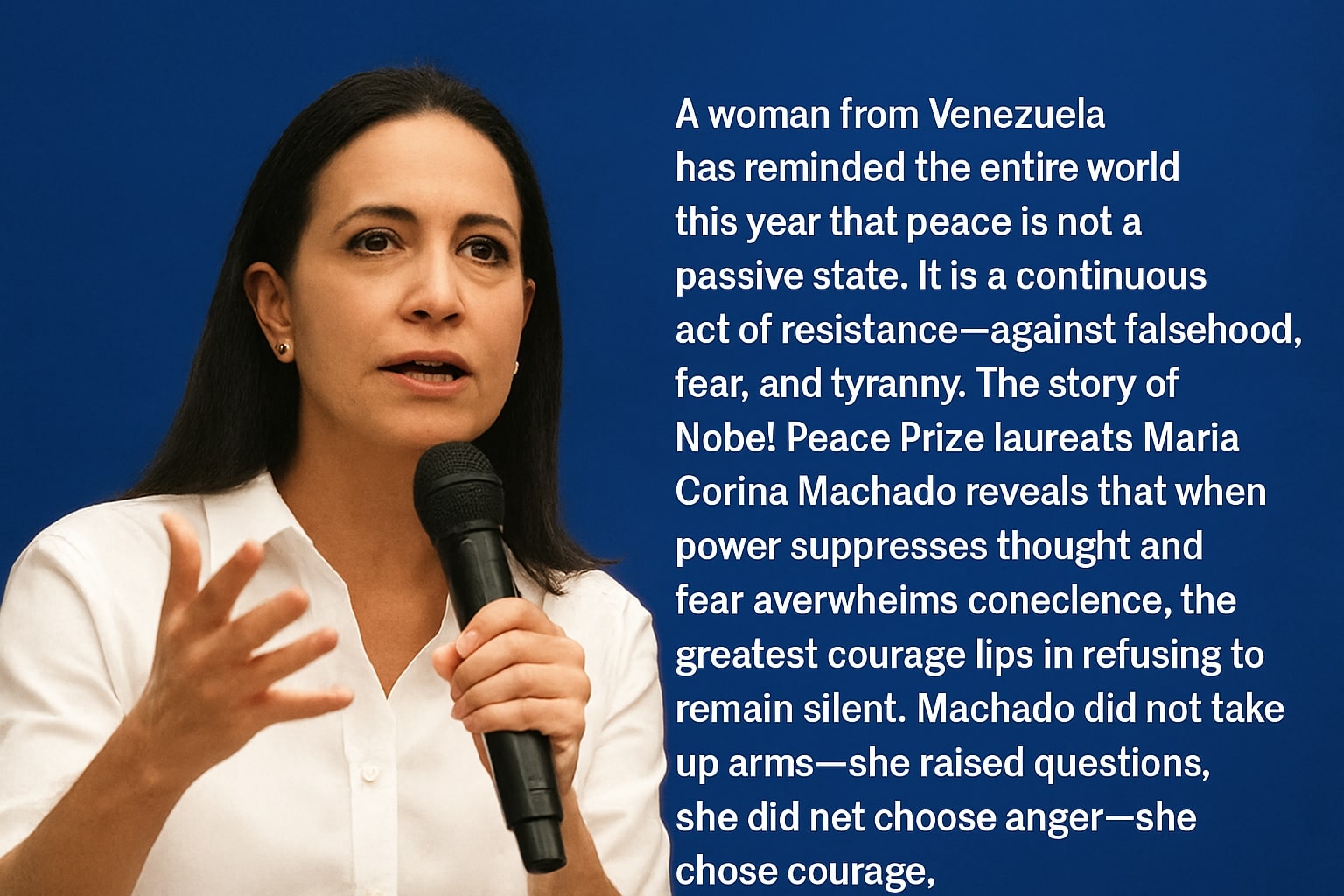

[[comment.comment_text]]